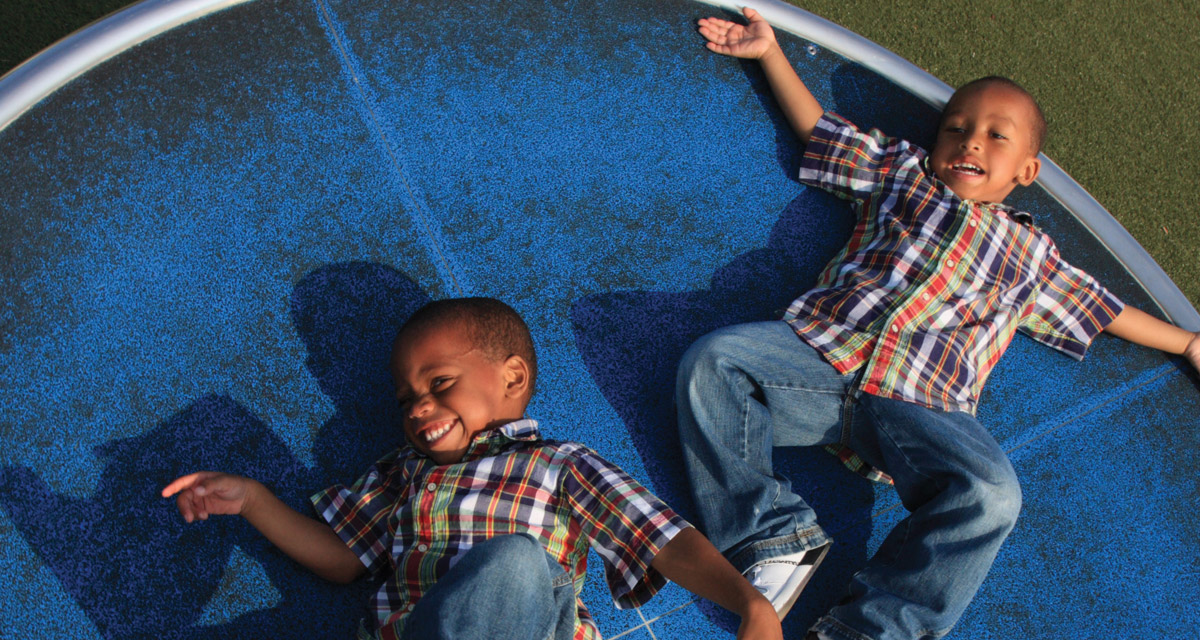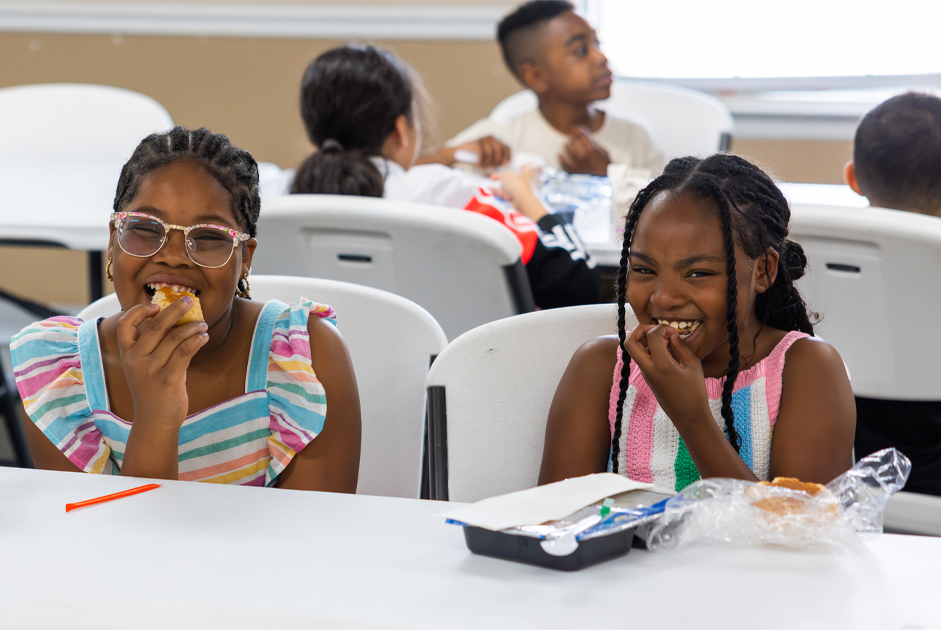“It is through unstructured play that children can explore their world and experiment with different approaches, and see what kind of outcomes they get. It’s through this kind of experience that they learn to navigate an ever-changing social-emotional landscape,” saysSteve Siviy, a Neuropsychologist at Gettysburg College, when asked how play effects child development.
Parents are bombarded with messages of all the things they must do to help their children succeed in life. Martial arts to help with discipline, Chinese lessons if they want to succeed in business, dance classes to be well rounded, baseball to learn sportsmanship. At what point does it become too much for a child’s brain to handle? When their entire lives are planned out for them, there is no space for children to practice imagination and learn to be independent. This begs the question: how do parents foster independence in children within an era where it is expected for them to be signed up for a million activities and being busy is considered a good attribute?
The first answer is to take a step back. Think about what your child truly needs, not necessarily what they want. If they want to play four sports, learn piano, and join a LEGO team—consider how much free time would be left after all the activities are done. When asked about the prevalence of over-scheduling by today’s parents, Chantal Hayes, licensed psychotherapist at Banyan Tree Counseling who specializes in play therapy for children, states, “I see many kids get so stressed and develop anxiety due to all the demands associated with extra-curriculars. Instead of scheduling a regimented activity every day, I suggest parents spend more time just being with their children. Cooking, taking a walk, playing a board game, throwing a ball around outside, all of these ‘together’ activities have tremendous benefits. Not only for children, but for parents, too.”
Another way children learn independence, which can sometimes be a hard concept for modern parents to accept, is to be alone. Children don’t need to be entertained every hour of the day; in fact, this can stifle them from learning the ability to entertain themselves. Exploratory alone time allows their minds to wander and grow in an unrestricted environment. It can be very beneficial, as well, to allow children to get bored. Being bored is not the enemy; there is something to be said for the creativeness and independence that is born while being bored. When a child is bored, their mind begins to race. This old toy box that ten minutes ago was just a storage vessel for Duplos and figurines? That is now a spaceship which is taking them on a scientific adventure to explore what types of cheese can be found on the moon. It is this creativity that needs to be encouraged to help children reach their highest potential, both academically and socially.
Above all, remember that children are children, they are not small adults. They will, and should be allowed to, make mistakes. Ideally, children should make a plethora of mistakes; this is part of the natural learning process and allows them not only to learn and grow but to build their confidence. Hayes explains further that “it’s essential for parents to allow disappointments, and to let their children have the opportunity to make their own choices, even if that leads to poor decisions at times. Recent research shows that children of over-controlling or overbearing parents tend to have a more difficult time relating to their peers and adjusting socially, and lack emotional regulation skills in adulthood.” As they learn from their mistakes, their confidence to make decisions independently will grow. There is a fundamental difference between learning not to touch a cactus because your mom told you not to, and learning not to touch a cactus because you tried it and it hurt. The latter will be much more effective as a teaching tool. That isn’t to say you should let your children walk into traffic to teach them that cars are dangerous, but there needs to be some level of teaching through discovery within a safe environment. Not only will these suggestions help the child, but it will also reduce overall stress in the family unit.




















